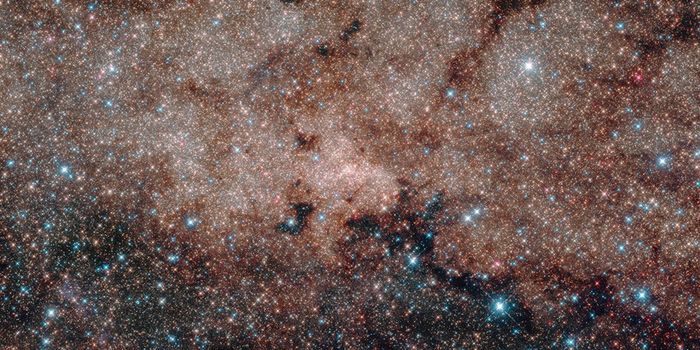Space tourism growth could lead to climate change effects greater than the aviation industry
Space tourism is becoming a booming industry thanks to private companies like Virgin Galactic, Blue Origin, and SpaceX. However, a new study published in the journal Earth’s Future sheds new light on how black carbon (soot) particles emitted by rocket engines could result in an enhanced climate effect. The collaborative research effort was carried out by researchers from the University of College London (UCL), University of Cambridge, and the Massachusetts Institute of Technology.
The study focused on the stratospheric ozone layer, which is responsible for protecting us from the harmful effects of solar radiation. The researchers noted that rockets, unlike other anthropogenic (human-made) pollution sources, emit gaseous and solid chemicals directly into the upper atmosphere. The data used in the study involved 103 rocket launches in 2019 from China (34 launches), Russia and Kazakhstan (22), USA (21), European Space Agency (9), New Zealand (6), India (6), and Japan (2), along with the types of fuel (kerosene, hypergolic, and liquid and solid hydrogen) and the chemicals of the emissions (nitrogen oxides, water, black carbon, hydrogen chloride, chlorine, and aluminum oxide). This data was used to create a 3D atmospheric chemistry model to simulate both the impact on both the climate and ozone layer.
"Rocket launches are routinely compared to greenhouse gas and air pollutant emissions from the aircraft industry, which we demonstrate in our work is erroneous,” says study co-author Dr Eloise Marais (UCL Geography). “"Soot particles from rocket launches have a much larger climate effect than aircraft and other Earth-bound sources, so there doesn't need to be as many rocket launches as international flights to have a similar impact. What we really need now is a discussion amongst experts on the best strategy for regulating this rapidly growing industry."
The study concluded that black carbon particles emitted by rocket engines into the upper atmosphere are almost 500 times more efficient at increasing the effects of climate change (i.e., holding heat in the atmosphere) than all other black carbon sources.
"There is still a lot we need to find out about the influence of rocket launch and re-entry emissions on the atmosphere -- in particular, the future size of the industry and the types and by-products of new fuels like liquid methane and bio-derived fuels,” says study co-author Dr Robert Ryan. "This study allows us to enter the new era of space tourism with our eyes wide open to the potential impacts. The conversation about regulating the environmental impact of the space launch industry needs to start now so we can minimize harm to the stratospheric ozone layer and climate."
As always, keep doing science & keep looking up!
Sources: Earth’s Future









